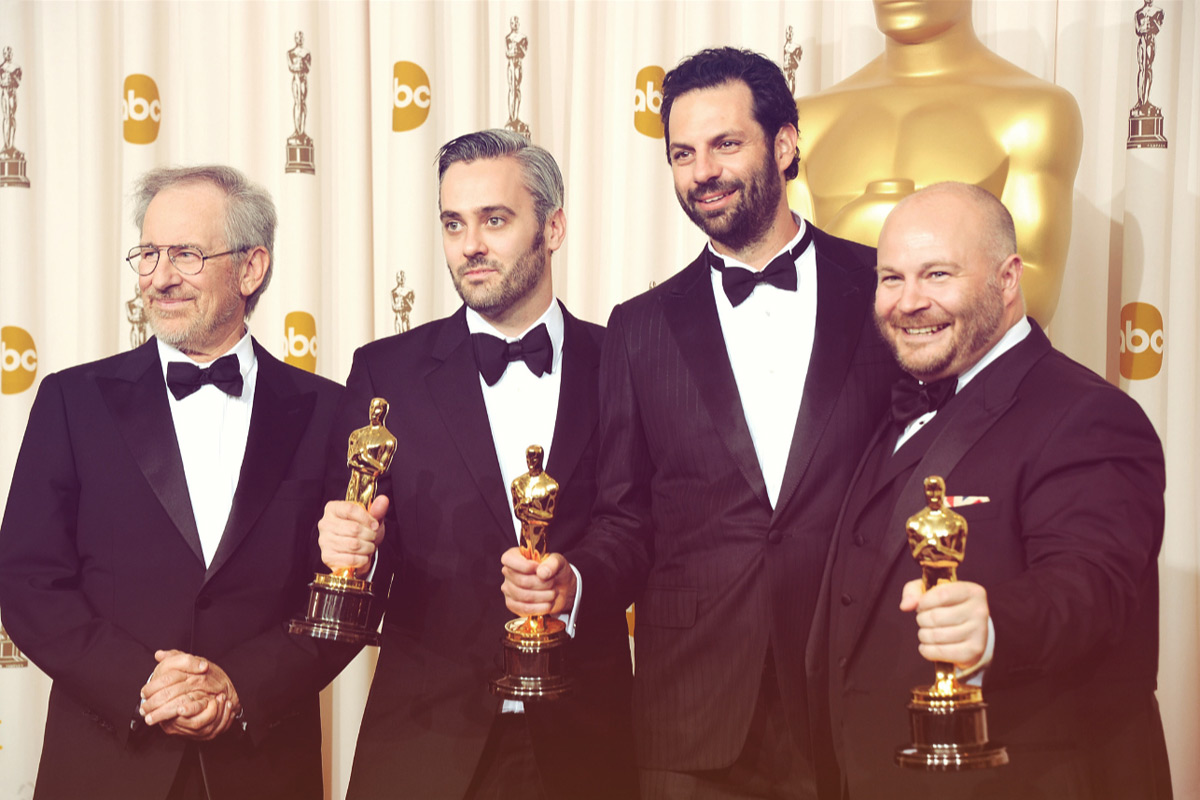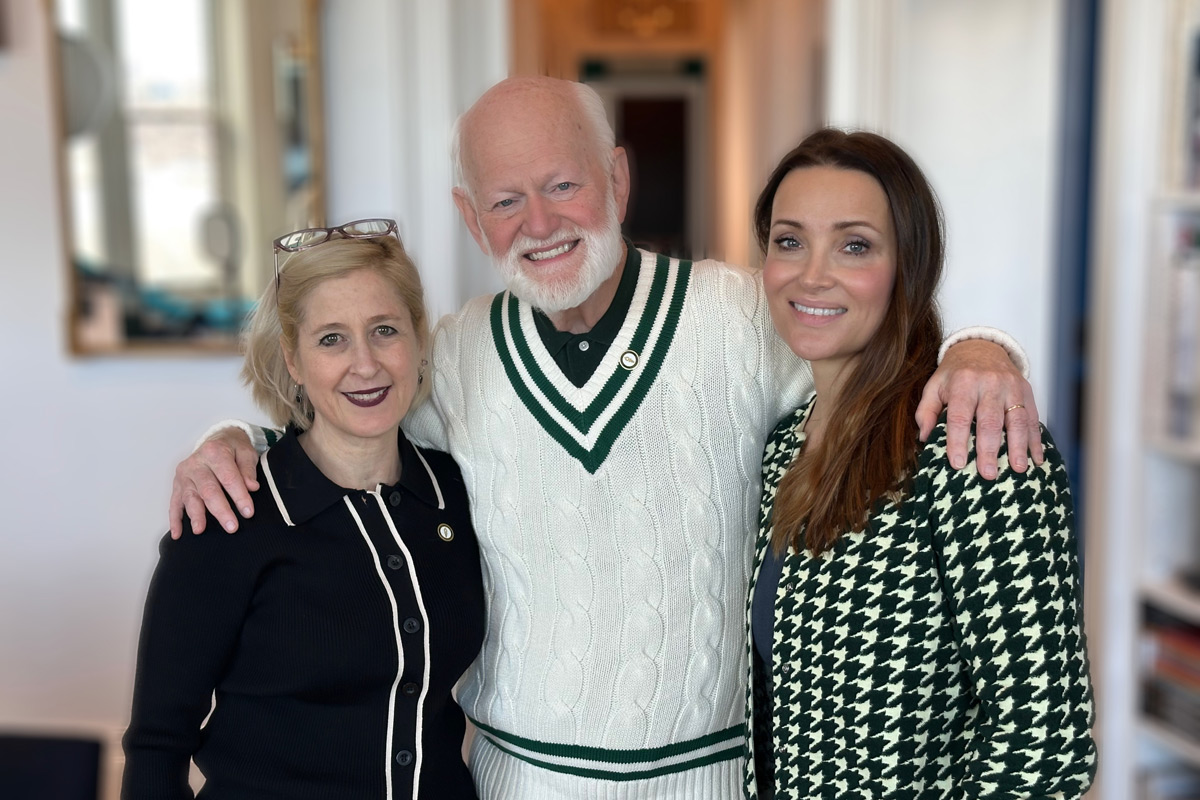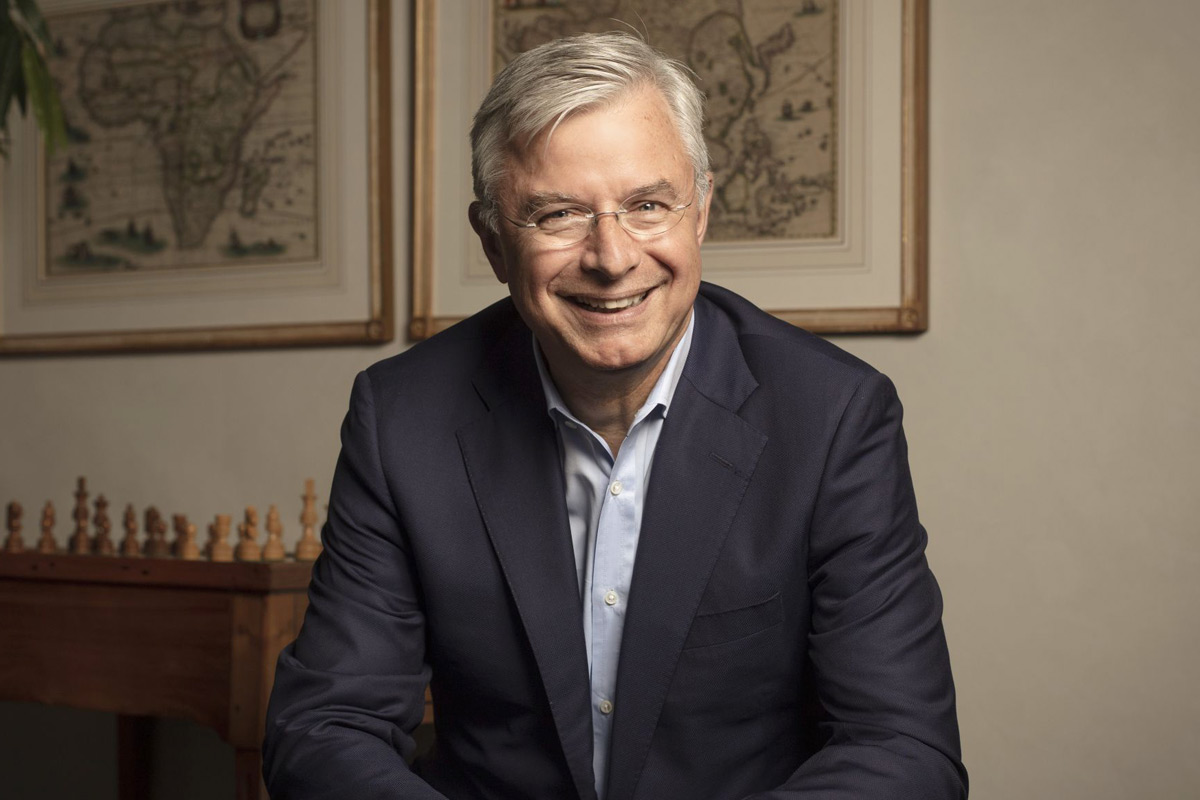Interview with Gareth Ellis-Unwin: The Oscar-Winning Producer on Leadership, Legacy, and Inclusivity
Interview
Alex: Gareth, welcome, and thank you for joining us today. Before we dive into our discussion, let’s start with your showreel. When you watch it, what goes through your mind?
Gareth: I often watch it with a mix of pride and disbelief. I keep thinking they might take my Oscar back! We talked earlier about imposter syndrome—a phrase I’m not overly fond of—but I think most people who have experienced success wonder whether it was deserved and if it can be replicated. When I watch my showreel, there is that nervous apprehension—was it all a dream? Will I wake up as the non-Oscar-winning Gareth Ellis-Unwin? But beyond that, I also feel an immense sense of pride. While people might only recognize The King’s Speech, every film in that reel is a project that means a great deal to me. Each one tells a story that I felt compelled to bring to life. I hope they leave behind a legacy of meaningful storytelling that resonates with audiences long after I’m gone. I always say, in a hundred years when I’m dust, I hope my films will still remain.
Alex: You’ve spoken before about your journey from a working-class background to becoming an Oscar-winning producer. What does giving back mean to you?
Gareth: Giving back is something that has become increasingly important to me, especially as my career has evolved. I started out as a kid from a council estate in Swale who, through a mix of determination and luck, found his way into the film industry. I recognize that privilege and opportunity are not equally distributed. One of my main focuses now is ensuring that the creative industries are more inclusive, giving chances to people who might otherwise feel excluded. I work closely with ScreenSkills, a charity that supports skills training for the film and TV industry, and we are doing a lot to create pathways for underrepresented groups. It’s about making sure that talent—not background—determines success.
Alex: Speaking of humility, I requested a bio from your team, and what I received was just a couple of sentences! That really speaks to your approach to leadership.
Gareth: (Laughs) Yes, I tend to downplay things. I’m not very good at self-promotion. I find it a bit awkward. But I do appreciate recognition for my work, and I am proud of the various organizations I’ve been involved with. I’ve been fortunate to serve as a voting member of the Academy of Motion Picture Arts and Sciences, as well as BAFTA, the European Film Awards, and the Producers Guild of Great Britain. I’ve also worked closely with the British Film Institute. But at the end of the day, what matters most to me is the work itself—the films I produce and the impact they have.
Alex: If you could go back to the early days of your career, what advice would your present self give to young Gareth?
Gareth: I’d tell myself to believe in myself more. I had a Saturday job at Pinewood Studios as a teenager, sweeping floors and emptying bins. When I told my school careers advisor that I wanted to work in film, she basically told me that I wasn’t academically bright enough. That hit me hard. For a while, I abandoned the idea entirely and pursued a career in professional sports instead. It wasn’t until my mid-twenties that I returned to filmmaking after a chance encounter at a college. Looking back, I wish I had stuck with it earlier. I wasted so much energy being an angry young man. I’d tell my younger self: ‘Calm down. Stop wasting energy on anger. Just work hard and have faith in your abilities.’
Alex: One of your most famous films, The King’s Speech, is a story of hope and resilience. How have those themes played a role in your own career?
Gareth: The journey of The King’s Speech is remarkable. David Seidler, the screenwriter, grew up with a profound stammer and found inspiration in King George VI’s radio broadcasts. When he sought permission to tell the story, the Queen Mother personally replied, saying he could—but only after her lifetime, as the memories were too painful. So, he waited 25 years. That’s endurance! In filmmaking, resilience is crucial. This industry is built on rejection. For every film that gets made, there are dozens of brilliant ideas that never see the light of day. Hope and endurance are what keep you going.
Alex: The film also highlights mentorship. The King’s therapist, Lionel Logue, is more than a speech coach—he’s a mentor and leader. What are the core values that inform your leadership style?
Gareth: I think leadership is about being open, decisive, and leading by example. Early in my career, I worked as an assistant director, which is essentially the floor manager of a film set. I learned that competence is only one part of leadership—you also need to be a problem-solver and a source of support for your team. I’ve always tried to be approachable. Many people in this industry default to saying ‘no’ before they’ve even considered ‘yes.’ I try to do the opposite.
Another important principle is treating ideas with the same respect as money. In most organizations, financial transactions are carefully monitored, but ideas—equally valuable—are often dismissed too quickly. I encourage people to nurture ideas before picking them apart.
Questions from Other Guests
Question: Gareth, your initiative to bring greater diversity into the industry is fascinating. Could you share concrete examples where this has directly impacted a project?
Gareth: Absolutely. One of our key successes was a campaign that highlighted real case studies—like Claire Williams, a makeup artist who was once a refugee. Her story helped inspire others to see a career in film as possible. Additionally, we provided travel bursaries, childcare support, and even assistance with driving lessons, recognizing that location access can be a huge barrier in film production. One of the best stories is of a young woman who worked as a bookkeeper in her parents’ shop. She always wanted to work in film, and through ScreenSkills, she became a production accountant. Within weeks, she was working on The Crown! Seeing tangible changes like that is incredibly rewarding.
Question:: Gareth, how do you ensure that your team shares and understands your vision for a project?
Gareth: Clarity is key. I always advocate for tough conversations early on. If I see a film as a gritty drama and the director sees it as a musical, we need to align before we start production. I also believe in monitoring progress continuously. You can’t just set a vision and assume everyone stays on the same page—you have to check in, adapt, and course-correct when necessary.
Question:: You’ve been both a producer and a CEO. How do you balance the creative and business sides of filmmaking?
Gareth: A few years ago, I realized I was spending more time managing a company than making films. So, we consciously downsized and moved towards a cloud-based model to focus on what we love—storytelling. It’s a balancing act, but I always prioritize creativity.
Alex: Gareth, this has been an incredible conversation. Thank you for your insights, humor, and generosity in sharing your journey.
Gareth: Thank you, Alex. It’s been a pleasure.










